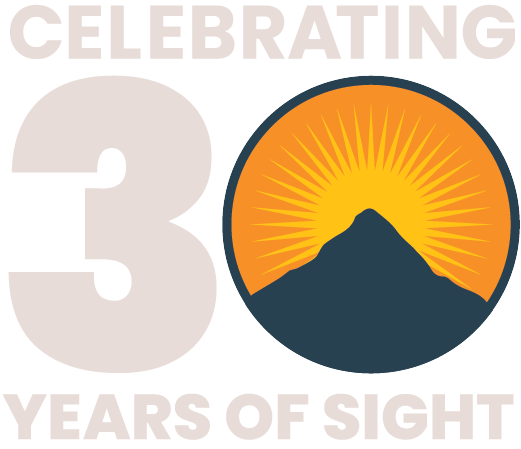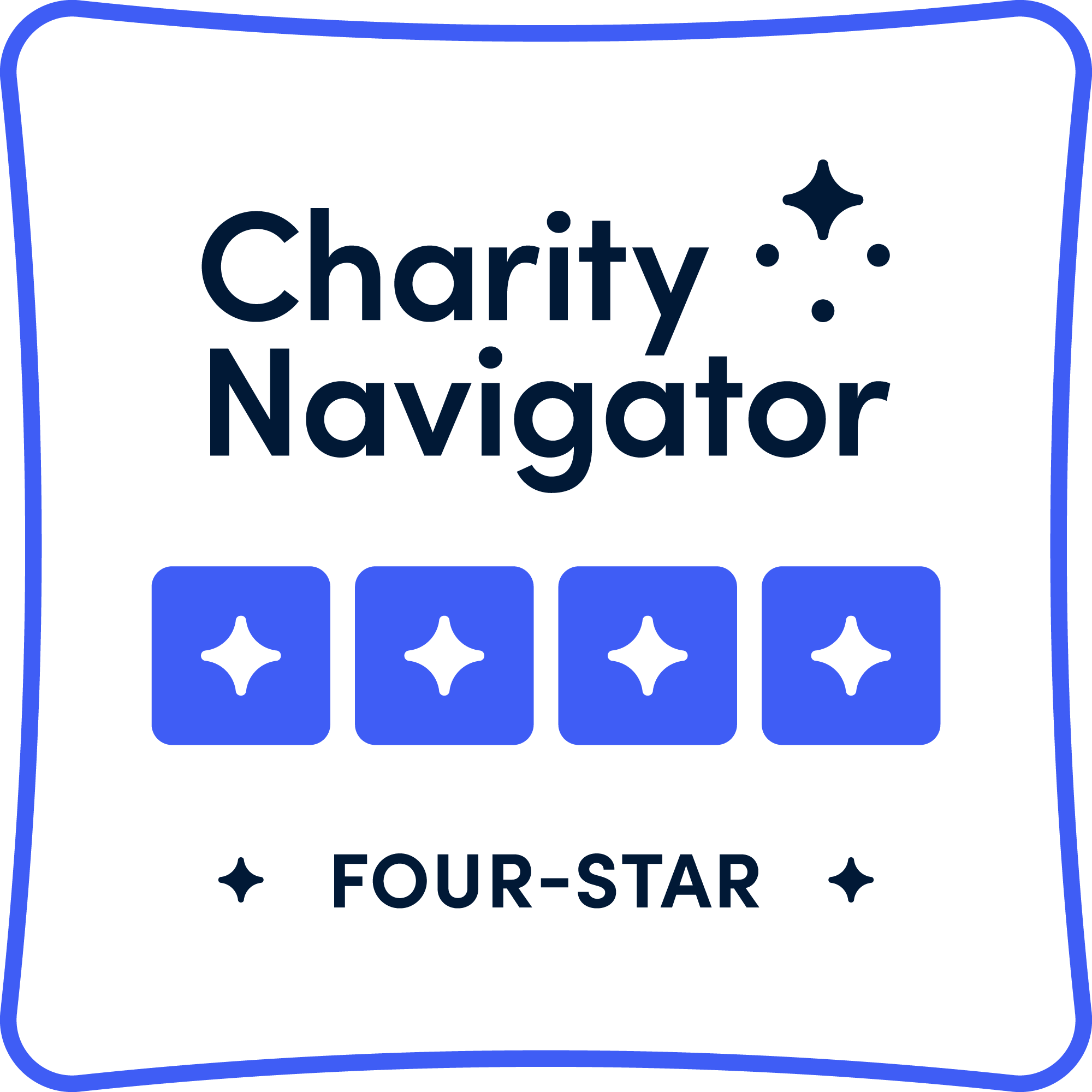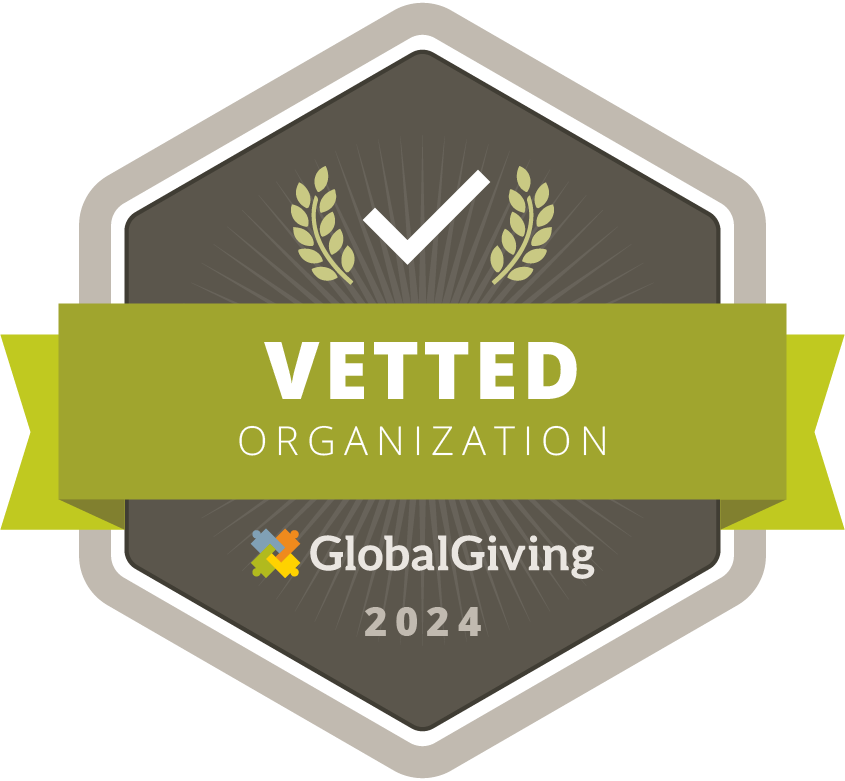Two Buckeyes Building Ophthalmic Capacity in Ghana
After exchanging hearty hellos and hugs with ophthalmologist friends old and new, Drs. John Pajka and Amit Tandon, jump into their scrubs, stroll cautiously into their respective surgical theaters, fist bump their ophthalmic nursing teams and carefully inspect the operation of their surgical microscopes.
Here at the Korle Bu Training Hospital in Accra, Ghana, they will spend the week training senior HCP supported surgical staff, Dr. Gladys Fordjour, Dr Dziffa Ofori-Adjei, Dr Adam Yakubu (Head of the Ophthalmology Dept.) and a group of surgical residents. Their shared goal for the week is to provide hands-on instruction and training in the latest phacoemulsification surgery techniques — the most technologically current and least invasive approach to cataract removal and sight correction.

Dr. Pajka and Dr. Tandon recently met and worked together for the first time in Ghana, but the two share such similar backgrounds, it’s almost odd their paths have never crossed before. Both doctors were drawn to global outreach medicine and they each pursued their passion for ophthalmology and surgery at The Wexner Medical Center at OSU. While of a different generation of Lasik and phaco surgeons in Ohio, both are die hard and talented Buckeyes — a tie that binds them through and through.
What they didn’t know until meeting this week, is that each has done numerous humanitarian eye surgery training outreaches in remote locations worldwide: Dr Tandon, an active member of the OSU global outreach project, has worked primarily in Haiti. Dr Pajka, a long time HCP volunteer and veteran of more than 50 outreach trips, has plied his trade as volunteer cataract surgeon and trainer in Nicaragua, El Salvador, Haiti, Uzbekistan, Honduras, Guatemala, Bolivia, Peru and Costa Rica.
Both doctors had been a mentor to HCP Medical Coordinator for Ghana, Dr. John Welling while he was in residency at OSU and before becoming an international fellow at the Moran Eye Center at the University of Utah, with HCP Co-founder, Dr Geoffrey Tabin (now at Stanford). Dr. Welling has been working with HCP staff to mentor Ghanaian eye surgeons via high volume surgical campaigns and national eye care system development though a collaborative effort with Ghana Health Services known as the National Cataract Outreach Program (NCOP). In fact, it was Dr. Welling who ultimately helped connect the two doctors to coordinate the training in Ghana.
“Dr Tandon has always been on the forefront of surgical techniques and technology,” Dr. Welling said. “When I was a resident under his mentorship, Dr Tandon taught me the phaco chop technique that I still use in practice today. Dr Tandon has provided humanitarian training and eye care on numerous international trips. This is his first time working with HCP as a phaco trainer. We hope it will be the first of many.”
Professional coincidences aside, Dr Pajka and Dr. Tandon both love to teach eye surgeons in under resourced countries, who are on the same path to excellence.
“It was such an intricate, precise surgery. I thought it was truly amazing.” Dr Tandon said, reflecting on what attracted him to the field after watching an ophthalmologist perform cataract surgery during medical school. “The next day was even better. When the eye patch was removed, the patient could see again. It was life-changing for that patient. I knew I could do this for the rest of my life.”
Dr. Tandon’s sense of awe at the impact cataract surgery continues to drive his passion to practice (he performs 1,500 cataract annually in his practice in Columbus) and to teach others in under resourced countries with high incidences of cataract blindness.
“In my clinic, we really try to connect with every patient.” Tandon said. “Imparting a supportive bedside manner that emphasizes the importance of connecting with patients is part of what I believe is crucial in teaching others to become a truly good surgeon.”

When I asked Dr. Tandon what he appreciates most about Dr. Pajka (aside from his legendary humor and approachability) he asks,”How does the saying go? What John has forgotten about eye surgery is probably more than I’ve learned after 15 years of practice?” The respect and recognition Dr. Pajka garnered as a senior practitioner, was evident throughout his week at Korle Bu
Having practiced in his native state of Ohio for more than 30 years, Dr. Pajka has achieved many state wide firsts in his field. He was the first to bring Lasik surgery to Ohio, the first to do a corneal transplant, the first to do surgical lens implantation and the first in The Buckeye State to do eye surgery with no anaesthesia or stitches.
“Dr. Pajka is universally loved and admired by the trainees - both for his skills as a surgeon and his patient, compassionate approach as a mentor and teacher,” Dr. Welling said. “We are extremely fortunate to have Dr Pajka as one of our HCP master trainers.”
What inspires Dr. Pajka to commit weeks of his time every year to provide training in countries, working hard to create sustainable systems of eye care?
“Traveling to share what I know about surgery and eye care has provided the opportunity to meet people in places that I could only have imagined as a kid growing up,” Dr. Pajka said. “The gifts of gratitude I’ve received from people whose sight I’ve helped restore or improve, are far greater than I could ever imagine.”
HCP began its partnership with Korle Bu Training Hospital in 2017 to strengthen its ophthalmic capacity by providing specialized training opportunities to its eye care personnel; supporting outreach efforts and providing supplies and equipment. This particular training was possible in part through donations by HCP Industry partner Alcon for the Infiniti phaco machine and consumables.




